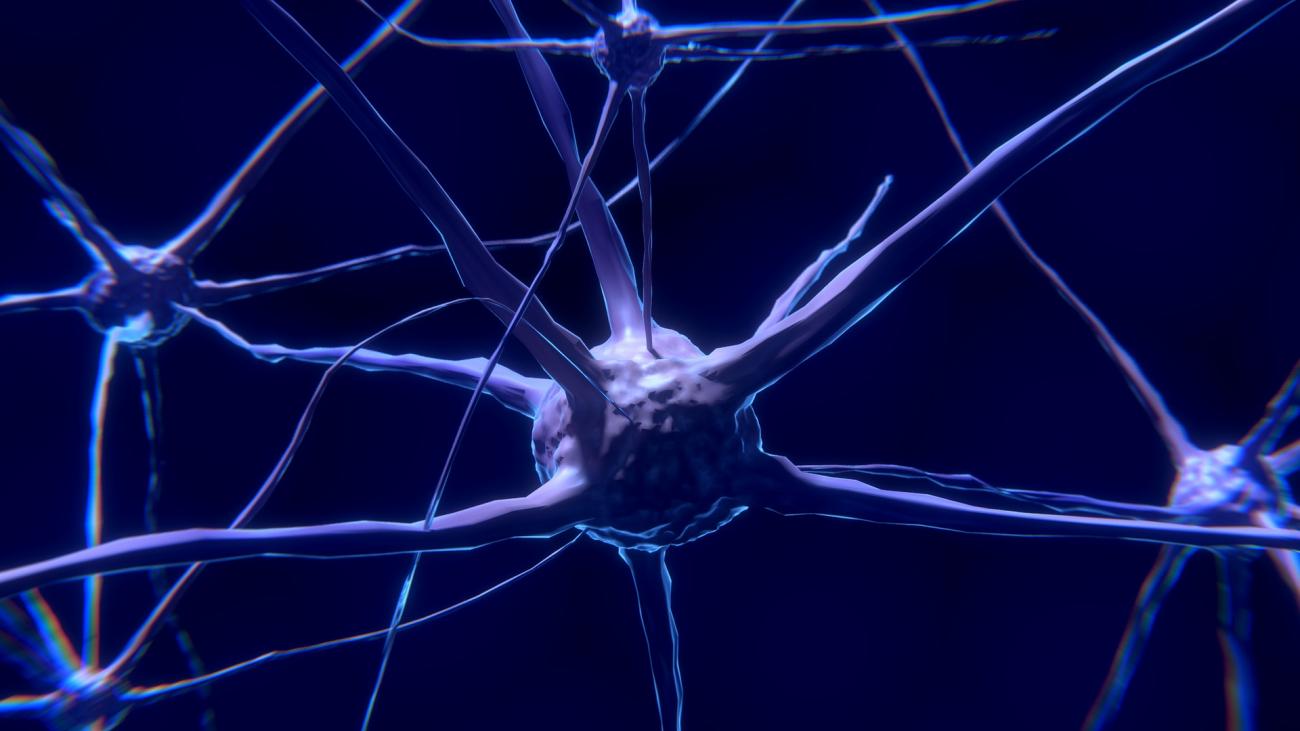R. Douglas Fields, PhD, is a cellular neuroscientist and author of numerous books and magazine articles about the brain. He joined the National Institutes of Health in 1987 and served as Chief of the Nervous System Development and Plasticity Section at the National Institutes of Health, NICHD, from 1994 to 2023. He is an American Association for the Advancement of Science Fellow, founding Editor-in-Chief of the journal Neuron Glia Biology, and 2023 recipient of the Mensa Foundation Prize for research on intelligence and creativity. His long-standing research interest is in how functional activity influences nervous system development and plasticity, and the cellular mechanisms of memory. He is recognized for pioneering research on a new cellular mechanism of learning involving glial cells that form myelin. Myelin is the electrical insulation on nerve fibers, which speeds transmission of neural impulses. Dr. Fields’ research shows that the glial cells forming myelin can sense neural impulse activity and that they contribute to learning and memory by changing the speed of neural impulse transmission to optimize the synchrony of information arriving at relay points in neural networks. He received his B.A. from the University of California, Berkeley, in 1975, an M.A. degree in 1979 at San Jose State University, and a Ph.D. degree from the University of California, San Diego in 1985, working jointly in the Medical School and Scripps Institution of Oceanography. He conducted postdoctoral research at Stanford University, Yale University, and the NIH. He writes about neuroscience for Scientific American, Quanta, Psychology Today, and others, and he is the author of three neuroscience books for the general audience: Electric Brain, about brainwaves, BCI, and brain stimulation; Why We Snap, on the neuroscience of aggression, and The Other Brain, about glia.
Our research concerns molecular and cellular mechanisms by which functional activity in the brain regulates development of the nervous system during late stages of fetal development and early postnatal life. Areas of study include interactions between neurons and glia; the mechanisms of learning and memory; effects of neural impulses on cell proliferation, differentiation, neurite outgrowth, synaptogenesis, synapse plasticity, and myelination; and the regulation of gene expression in neurons and glia by specific patterns of neural impulses.



